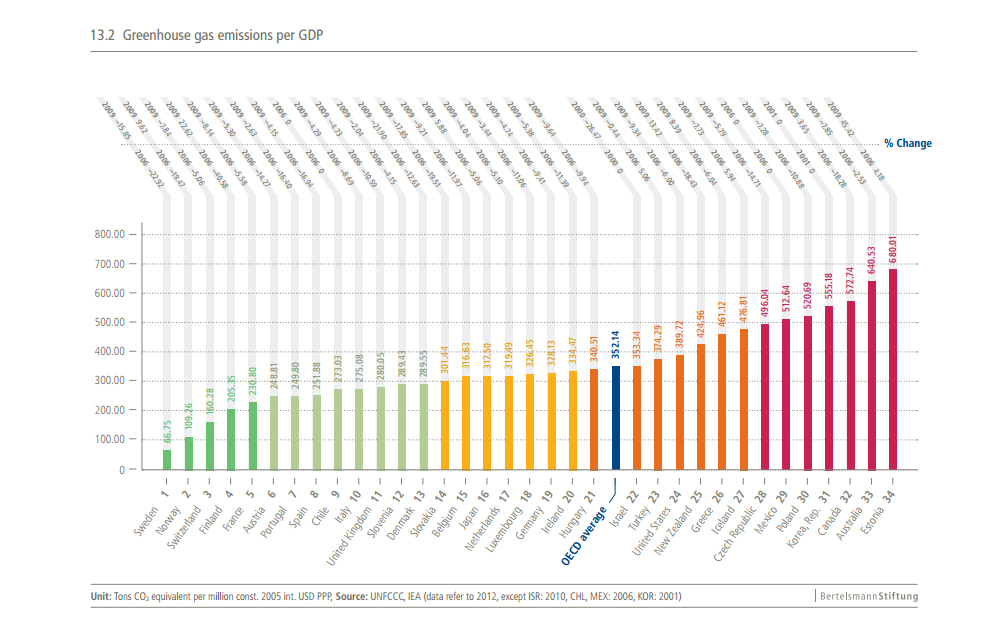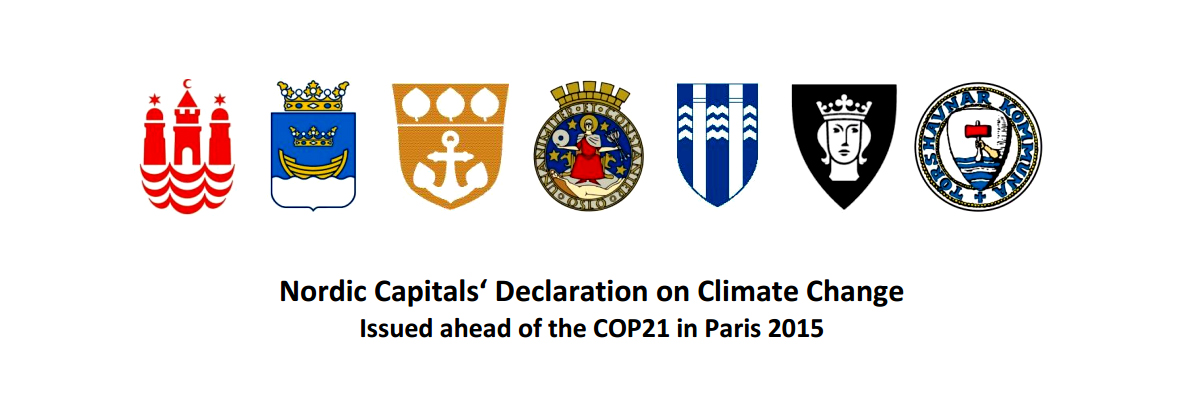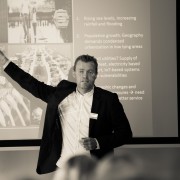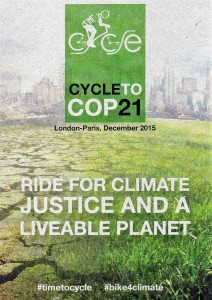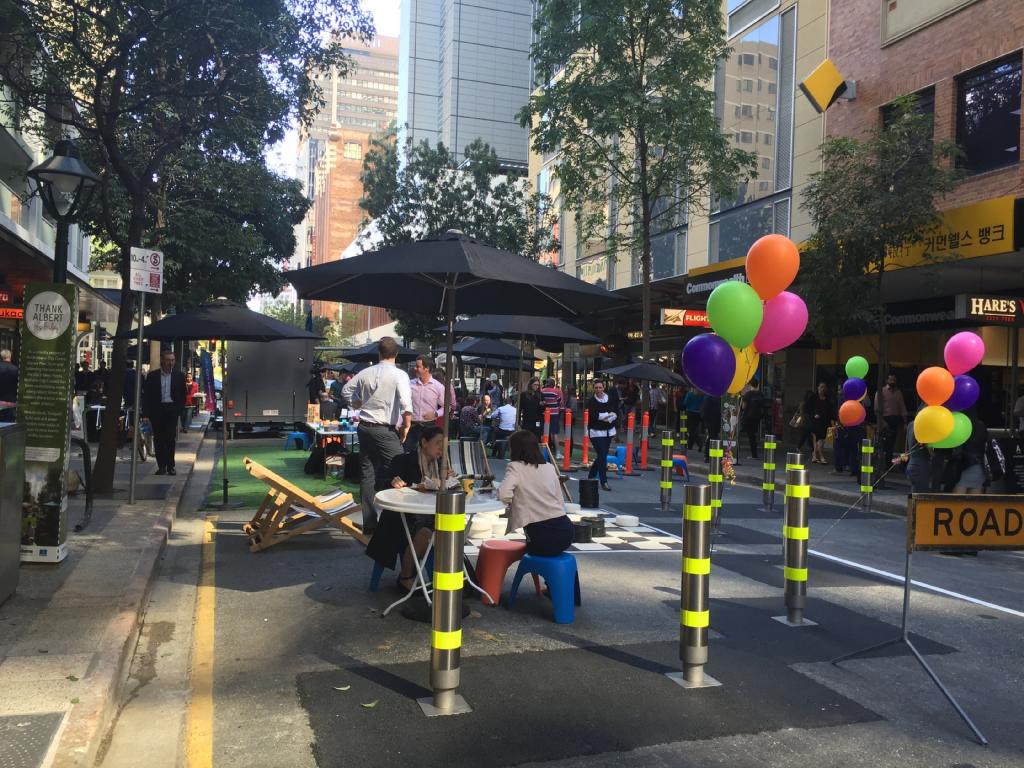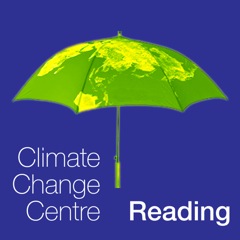
A Monthly Car-Free Work-Day Planet a force forward for #climateaction
Will the president of the European Union ban private cars in the urban environment?
Many people and community groups in transition are positive to this and want to ban private cars in city centres, so the streets will be safer and there will be less damaging pollution.
If all the private cars disappear, there are big plans for how all the space currently taken up by cars can be used for something better with the aim of making much needed urban behavioural change happen.
Mission
How do we allocate and transform public street space in cities and towns into public spaces?
2016 is the time for a more radical approach to end fossil fuels. Our aim is to ban private cars from town/city centres and reallocate road space to active travel such as walking and cycling to reduce congestion and address the damaging health impacts of air pollution, inactivity and obesity. Also, if all private cars were banned 12 days a year would be equal to 12 out of 365 days decrease in world private vehicle gas, petrol and diesel consumption ~ 3%!
The new car free movement
Many of us grew up cycling in the countryside when there were very few cars on the road and have never owned a car. We saw cars as the future, more people = more cars (less air quality), in a limited space, how is this going to work?
Each new road erases the natural world and we believe we have a duty to respect our natural environment. We have not always been sensitive to the damage car culture has on society and our environment. We do not accept that people are killed from air pollution; road casualties, inactivity and obesity are the price we have to pay or collateral damage.
There is a need to establish a platform of decision makers who acknowledge we have all the tools to achieve, implement and conduct. We have support from businesses, even corporations can cope with one CFD per month.
If we can agree to one year of monthly car-free event then we can also tackle the need for radical behaviour change.
Public health reasons to ban private cars in city centres
Great work has been done with Ken Livingstone’s congestion charge initiative in London but over time it clearly has not worked. 2016 is the time for a more radical approach.
Road charging has some benefits but if you raise the charge to the eye watering amounts required to clear traffic, you will end up with just the wealthy able to drive cars in cities. This is already statistically the case and we believe not good for social cohesion. The next stage is to ban private cars in city centres and free up public street space for walking and cycling, the great equalisers.
Ban of cars in all of city centres or just parts of the city?
E.g. London – The 2011 census marked a tipping point in car ownership in Central London. The majority of households for instance in Westminster (63%) The City (69%) Islington (65%) do not own a car.
Car owning households in Central London were now the minority. Finally there was a political opportunity to make the case for a car free London in zones 1 & 2. The picture is different in the outer boroughs where public transport is not as concentrated and journey distance to the centre is longer. Here car ownership is still in the majority.
The project Monthly Car-Free Work-Day Planet does not advocate the banning of public transport and commercial vehicles as they are essential to running the new economy and maintaining the city services. However we do want these modes rationalised, reduced in number and upgraded to the cleanest models available. Costs and availability of licenses would be based on lowest pollution and environmental footprint and whether the license was deemed to be necessary. All vehicles would have to be diesel free and with low emissions. All paved tarmac and stone surfaces would be examined with a view to increasing the green areas and thus air conditioning/micro climate control.
Owning a private car however is not a necessity and private electric cars and scooters don’t address the underlying problems of congestion, road casualties, inactivity and obesity. Clean tech cars may pollute less (silent oil spills!) in the direct environment but the electric grid is only 19% renewables and still polluting elsewhere whether coal and gas emissions or nuclear waste.
E waste from Electric vehicle batteries en masse would present a new challenge for toxic waste and the batteries are very expensive to recycle.
A successful car-free day project is going to study fossil fuels alternatives to the cars that already have private owners
Unfortunately diesel will have to be crushed, a very bad mistake and all who bought into or promoted the switch to diesel will have learnt a difficult lesson, unless diesel cars can be recycled into bikes?
Cleaner models will have some resale value. Perhaps possible to incentivise people to ditch their diesel immediately and join an electric car club or receive a bike.
It is also important to make active travel and public transport as accessible and inclusive as possible for people with disabilities and older people. Active travel benefits a wide range of people; customised cycling bikes promoted by, for instance, Wheels for Wellbeing give a variety of options for many people with disabilities, including hand cycling and assisted.
Being socially inclusive creates a society that is more cohesive.
FIGURES AND KEY FACTS The public space usage of all the empty roads and empty parking space is our common realm and will benefit the general public
Making space on the roads for a quality, safe, inclusive cycling experience is paramount. Whether that is protected lanes, filtered permeable or active travel corridors (whole roads for bikes) is down to what works best in each location.
It also occurred to us that freeing up vast amounts of space used for parking private cars (6.8 million parking spaces in London use up 78.5 km sq, based on minimum parking space) could unlock car parks as brownfield sites for key worker housing, at reasonable rents, linked to their jobs in the vicinity (linked to commuting). A good idea would also be to plant more trees on previously car lined streets.
KEY DRIVERS FOR ACTION Time frame for getting rid of private cars off the roads in city centres
Hopefully we could move fast to ban private diesel in Central London, one years notice; 9500 deaths per year requires a proportionate response.
- 2 years to ban private diesel in the outer boroughs and commercial diesel in Central London
- 3 years to ban commercial diesel in the outer boroughs and all private cars from Central London
How to implement a one year trial for a regular Car-free Day on a Workday worldwide? Logistically this is radical change. The city would not be able to build cycling protected lanes on main roads fast enough, but road closures of rat runs as alternative car free cycle routes could be implemented within the time frame and space saved would allow local agriculture to grow urban farming.
How to get around in your city, London
If you are not a car owner you mostly walk in London, with the odd bus and tube for longer journeys. Occasionally you may cycle using a Boris bike or on a friend’s tandem, but as part of the majority that feels very uncomfortable cycling in London with congested streets, mixing with large HGVs and buses and very poor cycling infrastructure.
People would love to cycle more, yet Londoners live in very small flats so are on the lookout for somewhere practical to park and ride, maybe a folding bike or with a basket, or even a cargo bike combined with safe parking!
Trains are the way forward for longer internal journeys in the UK and we would like to see more investment, more incentives and ultimately prefer railways to be nationalised for the good of the nation rather than for profit. Londoners travel by train mostly out of London. Bike provision on trains is an issue and one that needs addressing.
Inhabitants of London occasionally catch a lift or use taxis where there is little or no public transport provision. There is general sympathy with the ideal that public transport should be a basic human right, but it is difficult in very rural areas. Sharing taxis might provide a more flexible option than buses. The idea of connecting urban areas with dedicated cycle lanes like the proposed HS2 for bikes is very likable.
What should happen to cars outside London?
Outside London we believe the banning of private cars in city centres and banning diesel are important for the health of the urban environment. Prioritising demotorisation and active travel is the way forward for the 21st century.
Nearly half of commuters in the UK live less than 5 miles from their work, an easy distance to cycle. These journeys must be made safe and inclusive to encourage as many people as possible to choose cycling as the healthy option. In the London outer boroughs, 66% of journeys under a mile are made by car.
We are doing something very wrong if it is easier/ more comfortable/cheaper for someone to take the car rather than cycle or walk under one mile.
Cars should never work out cheaper than public transport so taxing car use through fuel or road usage or road tax are all options and ploughing that back into public transport and active travel infrastructure. Residents parking permits need to be at least £1,000 per year (Southampton Central charges) to represent their cost to the public highway.
On long term private cars could potentially be banned everywhere in the UK
Currently most people are living in urban environments, but for those who live in rural areas it is far more difficult to ban private cars. Sharing taxis may provide a more flexible option than bus routes.
There may be long term solutions that can’t be conceived of yet, but if we do maintain some presence of private cars it needs to be done with respect for other road users and we believe presumed liability enshrined in UK law would be the most efficient way of ensuring that.
PLATFORMS AND PROJECTS A Monthly Car-Free Work-Day Planet is part of a wider global movement to go car free in city centres, this will this impact on climate change, direct and indirect
Fantastic global networks of Climate Action, Urban Thinkers, City Planners, Global bikers, Changemakers, Youth forums, Transport Think Thanks etc. 50+ Nations are developing car-free districts in urban areas.
Yes there is a worldwide movement to go car free in Cities that includes politicians and grass roots campaigners, From Al Gore to Richard Branson and even perhaps more unexpectedly Jeremy Clarkson who said ‘Get rid of your car, you don’t need it’ in a recent Sunday Times article. We have the connections to bridge the project and collect 2 million signatures together with organisational support.
This global city trends needs to be addressed with planetary coordination and best way force forward is to bridge incentive for behaviour change. We propose implementing a one year trial for a regular Car-free Day on a Workday worldwide;
Highlighting the third Wednesday of every month through the year as Planet´s Monthly Car-Free Work-Days, 20/5, 17/6, 15/7 etc.
HELP sign the petition here: https://secure.avaaz.org/en/petition/Changemakers_MONTHLY_CARFREE_WORKDAY_NATIONWIDE

Transport and in particular private cars are one of the fastest growing contributors to CO2 emissions. Some predict that 1 billion cars today will rise to 2 billion by 2020. It is crucial and pressing that we curb this rise in car use as well as addressing other contributing factors. Cycling and walking are vital to transforming not just our cities but also our planet.
/Climate Change Centre reading (CCCRdg) supports R V Readhead, Goldsmiths College, U. of London 1996-98 Wants To Be Mayor of London And Ban Private Cars
ICEBIKE.ORG thanks
More information
7 Cities That Are Starting To Go Car-Free – http://www.fastcoexist.com/3040634/7-cities-that-are-starting-to-go-car-free
Paris Will Dramatically Reduce Car Traffic To Fight Air Pollution Emergency – http://thinkprogress.org/climate/2015/03/22/3637317/paris-smog-car-ban/
TRANSFORMING OUR WORLD: THE 2030 AGENDA FOR SUSTAINABLE DEVELOPMENT – https://sustainabledevelopment.un.org/content/documents/7891TRANSFORMING%20OUR%20WORLD.pdf
A Common Approach for developing SDG integrated indicators – http://www.unep.org/post2015/Portals/50240/Common%20approach%20for%20developing%20SDG%20Integrated%20indicators.pdf
Study on car-free day
http://www.niassembly.gov.uk/globalassets/documents/raise/publications/2015/regdev/2215.pdf
Sharing and mixed use of a human caused economy – where we share as much as possible, from our whole infrastructure to jobs, this happens in the Anthropocene room between public space and cyberspace.
Togethernessship – All about inspiration and agreement, being truly inclusive and Safeguarding the future. The complex nature of our environment makes it hard to focus on preventing GreenHouse Gases, which are directly related to global warming. The downside of the problem is that everything is interlinked and needs to be backtracked http://en.wikipedia.org/wiki/Backcasting, but we have the time scale which is rapidly shrinking, so an agreement at #COP21 in Paris, in December is probably a must.
Reading, United Kingdom, August 24, 2015:




